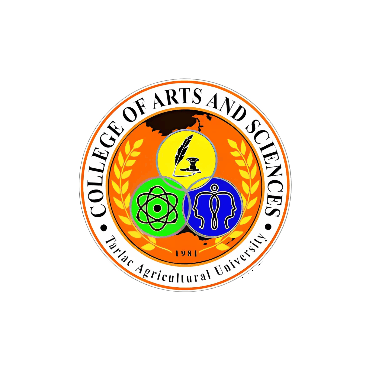Program Outcomes
AB Economics
Graduates of the AB Economics are expected to:
- Demonstrate knowledge of economic theory, models, and quantitative methods used in the field
- Diagnose and critically analyze wide range of social and economic issues using appropriate theories and methodologies and propose own viewpoints and positions regarding these matters
- Effectively engage in policy debates and apply economic tools in policy formulation
- Conduct economic and social research and effectively communicate economic arguments and research findings
- Demonstrate skills in planning, implementation, monitoring and evaluation of programs and projects
- Prepare and deliver presentations, computations, technical reports and other necessary documents that are critical towards the achievement of organizational and societal goals
- Exercise decision making ability in solving problems in their individual and professional fields
- Appreciate and practice good citizenship
- Demonstrate a deep commitment to maintaining high ethical standards especially in conducting research, analyzing and interpreting economic data and results.
- Engage in lifelong learning and become updated on developments in the specific field of practice (PQF level 6 descriptor)
- Effectively communicate orally and in writing using both English and Filipino language
- Work effectively and independently in multi-disciplinary and multi-cultural teams (PQF level 6 descriptor)
- Demonstrate professional, social and ethical responsibility
- Appreciate Filipino historical and cultural heritage (RA 7722)
BS Psychology
Graduates of the BS Psychology are expected to:
- Discuss and analyze the major theories and concepts in psychology (knowledge in psychology).
- Apply the methods of psychological inquiry in building knowledge on local culture and context (psychological research).
- Apply psychological theories and methods in personal and professional setting (application of psychology).
- Capable of self-reflection and independent learning in graduate education or in a professional context (independent learning).
- Exemplify professional and ethical behaviors in research and practice in Psychology (ethics).
- Demonstrate harmonious interpersonal relationship with colleagues, clients and others (interpersonal skills) in diverse cultural setting.
- Able to conduct psychological assessments and evaluation (psychological assessment).
BS Development Communication
Graduates of the BS Development Communication are expected to:
- Develop a critical understanding of development perspectives;
- Define and access information needs;
- Assess and organize information and knowledge;
- Produce, share and utilize information and knowledge;
- Apply communication theories/models, principles, practices and tools in development work;
- Develop a communication plan;
- Demonstrate effective interpersonal skills as a linker, networker, and mediator;
- Communicate in different formats and platforms (print, broadcast, and online);
- Conduct communication research, monitoring, and evaluation;
- Develop and produce multi-media materials;
- Demonstrate program management and leadership skills;
- Develop entrepreneurial capabilities;
- Adhere to ethical standards and practices;
- Recognize and practice rights and responsibilities and accountabilities in the communication profession;
- Integrate technical knowledge in content development and management; and
- Produce materials to disseminate ideas, innovations, technologies etc. to empower the university’s programs on agriculture, agribusiness management, science and technology, engineering, teacher education, non-traditional courses, and other relevant fields of study.




